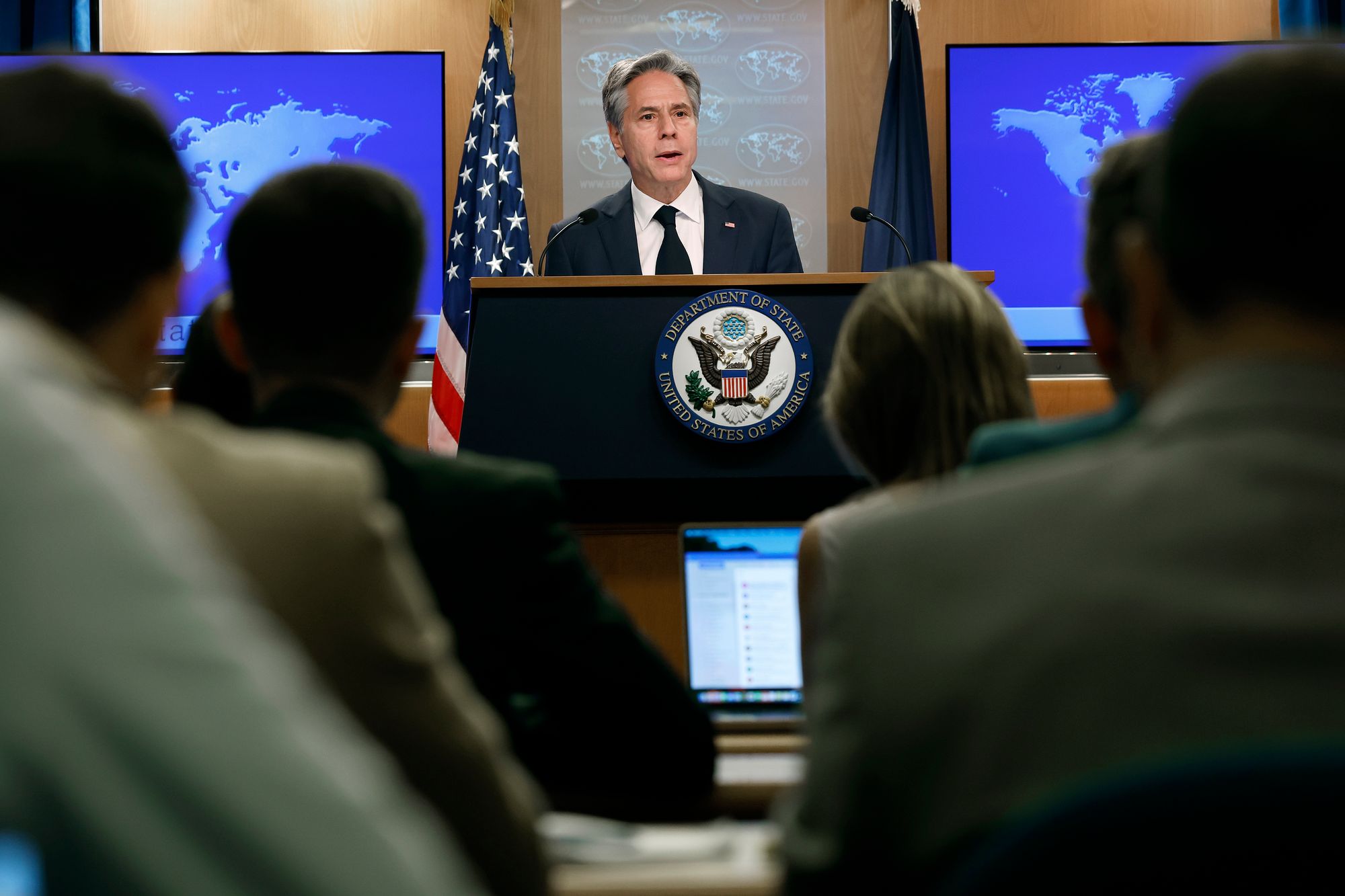Ukraine summons Polish ambassador over presidential aide's call to 'start appreciating' Poland's help

Ukraine's Foreign Ministry summoned Poland's Ambassador Bartosz Cichocki over recent comments made by the Polish Secretary of State and Head of the International Policy Bureau Marcin Przydacz.
When asked in an interview if Warsaw’s ban on Ukrainian grain imports had harmed the countries' relations, Przydacz suggested that Kyiv should "start appreciating the role that Poland has played for Ukraine in recent months and years."
Oleh Nikolenko, a spokesperson for the Ukrainian Foreign Ministry, said that "statements about the alleged ingratitude of Ukrainians for Poland's help are false and unacceptable."
"We are convinced that Ukrainian-Polish friendship is much deeper than political expediency. Politics should not call into question mutual understanding and strength of relations between our peoples," added Nikolenko.
Andrii Sybiha, deputy head of the President's Office, also reacted to Przydacz's statement, calling it "an attempt to impose on Polish society the baseless opinion that Ukraine does not value help from Poland."
"This is obviously a game for one's own opportunistic interests, which has nothing to do with reality. Manipulation," Sybiha wrote on Facebook.
"The reality is an indisputable fact that every day Ukraine thanks Poland and other allied countries through its supreme sacrifice and bravery of our heroes on the battlefield. Polish weapons in the hands of the Ukrainian military effectively deter the Russian aggressor, and supporting us with weapons is not charity, but an investment in Poland's own security."
Poland, Slovakia, Hungary, Romania, and Bulgaria signed a joint declaration in Warsaw on July 19, asking the European Commission for a ban extension on domestic sales of Ukrainian wheat, maize, rapeseed, and sunflower seeds at least until the end of 2023.
The EU ban was first put in place in early May and then extended, set to expire by Sep. 15. Before that, the Central European countries imposed unilateral bans on importing Ukrainian grain and other products, citing their need to protect their domestic markets. They are still obligated to transport these products elsewhere.
Ukraine's overload of food exports to the European Union has become a thorn in Kyiv's relationship with its close neighbors against the backdrop of a long-running political conflict between these countries and the European Commission.














